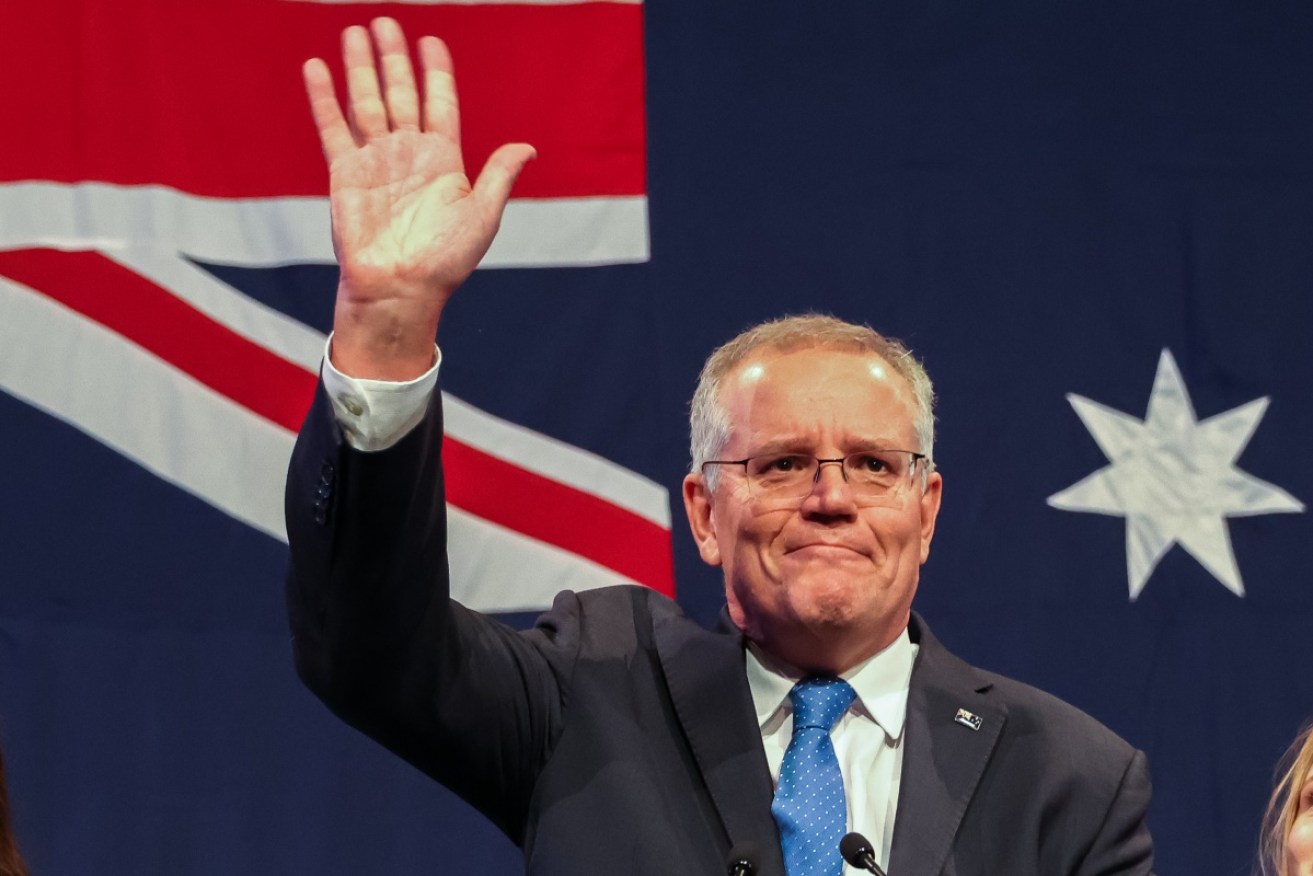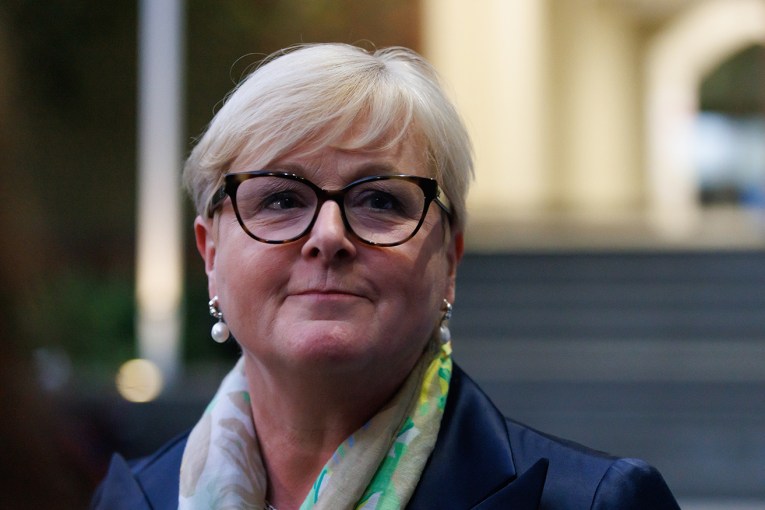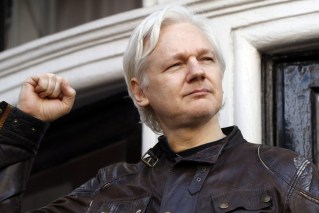Jacqui Munro: Out with the old, in with the new political script


Scott Morrison was brutally swept out of the nation's highest office on Saturday night. Photo: Getty
A party can’t govern forever, though Menzies set a high bar at 16 consecutive years as Prime Minister.
Despite a couple of leadership spills, which saw The Lodge inhabited by representatives of each of the NSW Liberal Party’s three factions, the Coalition’s nine-year stint on the government benches is a healthy term.
There was always a coming together in the perceived best interests of the public.
However, on Saturday we witnessed a particularly brutal testament to the adage that an election is the government’s to lose, not an Opposition’s to win.
The first preference swing against the Liberals was resounding at 4.29 per cent.
The ALP also received fewer primary votes under Albanese than under Shorten in 2019.

Anthony Albanese was elected PM with fewer primary votes than Bill Shorten in 2019.
In spite of receiving a first preference swing against their party resulting in a primary vote of 33 per cent, Labor will likely form government outright, following an evidently successful small-target strategy far from their previous campaign approach.
In our democracy we expect power to peacefully shift between parties from time to time. And though I still hear on polling booths that it doesn’t matter who is in government, that they’re all the same anyway, I do think most voters have a sense of the differences.
That sense was demonstrated in this election, perhaps more than in any other. The minor party and independent votes skyrocketed.
Since the emergence of the two major party system, we have never experienced such a level of dissatisfaction with their offerings, or at least the willingness to make that dissatisfaction clear.
Thousands of Australians obviously want a new political script, and a new cast of (more diverse) characters.
But what really stands out is the collective confidence we have in the stage upon which the show occurs.
Our parliamentary democracy, which holds all the drama (and entertainment) of the political back and forth, is an institution trusted to facilitate change.
In urban Australia, the mood is clearly one of exasperation.

Support for the teal independents reflected a major frustration with the state of our democracy.
The swathe of teal independents and a couple of new Greens reflect this frustration.
They have campaigned on climate action and anti-corruption with great success in their electorates. But with a Labor majority looking likely, they will be new characters without the power to move the needle.
Like the Liberals in opposition, the Greens and independents will be left in the wilderness to submit Private Members Bills that languish at the bottom of the Parliamentary agenda.
Nevertheless, the confidence with which Australians voted against the status quo is a sign that they are comfortable with the potential instability brought about by a hung Parliament. And this is worth reflecting on.
Australians are engaged in politics, even if they feel some despair about it. Our compulsory voting system (or, at least, compulsory attendance system; no one is forced to cast a valid vote) means that people have a sense of duty to engage with the political conversation.
The three televised leaders’ debates generated a combined 2.16 million views. On election night, the top 14 TV shows ranked by viewership were election coverage. The ABC dominated at No.1 with an audience of almost one million people.
In the 2019 election, 92 per cent of eligible Australians turned out to vote. It’s one of the world’s highest voting rates. In 2022, the numbers are still coming in.

Engaging with the public is the hope of the future Liberal Party. Photo: Getty
It is through the public’s confidence in our parliamentary democracy that the hope of the future Liberal Party exists. An engaged public will respond to robust policy.
The policy offering from Labor was minimal, often an “us too, plus a bit more” response to Liberal announcements. According to the ALP’s costings this will add $7.4 billion in government spending over the next four years.
This election was no Whitlam-esque revolution, no Hawke-style swooping in. No Rudd-slide.
Industrial relations will be an area to watch, but if we’re honest about other key policies like the targets for the country’s emissions reductions, the difference of about 13 percentage points in the major Parties’ 2030 goals equates to approximately 0.15 per cent of worldwide CO2. A truly minimal contribution.
A federal ICAC will, no doubt, be delivered, though the final form remains to be seen. The Labor Party will be cautious lest it be hoist with its own petard.
All of this is not to say that these policies shouldn’t be implemented – they absolutely should. We should be tackling climate change and corruption harder than a former PM on a soccer pitch with kids.
But Australians still deserve a better-quality script to sink their teeth into.
Fairer models of accountability that respect principles of justice, and climate policies that lead to productivity improvements and facilitate ways to meaningfully contribute to the reduction of global emissions.
Stalwart Senator Simon Birmingham has spoken about reflection time away from the party’s Coalition partner and there has been much reference to ‘soul-searching’. While this process will be valuable, it cannot come at the expense of looking outward. Politics is as much as it is about listening as it is about leading.
Liberals need to get back in their communities and use the time in opposition to explore novel forms of engagement, encourage more people into party activities and offer greater policy depth and breadth.
The federal stage is largely set for the next three years (though who knows what happens in that time. Humans notoriously underestimate the levels of tumult that will occur in across a future time frame). The Liberal Party must now work to bring a fresh cast of characters and an engaging script to the public.
Jacqui Munro is a public affairs consultant who campaigned in Liberal blue during the election campaign








